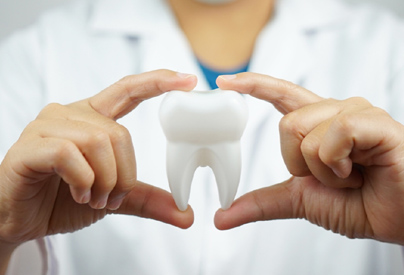Introduction:
Dental care plays a crucial role in maintaining overall health and well-being. While it’s easy to overlook the significance of oral hygiene in our daily lives, neglecting dental health can lead to a host of problems, ranging from cavities and gum disease to more serious issues like cardiovascular disease and diabetes complications. In this article, we’ll delve into the importance of dental care, explore effective oral hygiene practices, and discuss the benefits of regular dental check-ups. 
The Significance of Dental Care:
Good oral hygiene isn’t just about having a bright smile; it’s essential for preventing a variety of dental and medical problems. Brushing Chula Vista dentist and flossing regularly help remove plaque, a sticky film of bacteria that forms on teeth, which, if left unchecked, can lead to tooth decay and gum disease. Furthermore, poor oral health has been linked to systemic conditions such as diabetes, heart disease, and respiratory infections. By maintaining proper dental care habits, individuals can significantly reduce their risk of developing these health issues.
Effective Oral Hygiene Practices:
Maintaining proper oral hygiene begins with simple yet effective daily habits. Brushing teeth at least twice a day with fluoride toothpaste helps remove food particles and plaque from the teeth’s surface, preventing cavities and gum disease. It’s essential to use a toothbrush with soft bristles and replace it every three to four months or sooner if the bristles become frayed. Additionally, flossing once a day helps remove plaque and debris from between the teeth and along the gumline, areas that a toothbrush may not reach effectively. Mouthwash can also be used as a supplementary step to kill bacteria and freshen breath.
Regular Dental Check-ups:
In addition to practicing good oral hygiene at home, regular visits to the dentist are essential for maintaining optimal dental health. Dentists can identify early signs of dental problems such as cavities, gum disease, and oral cancer, allowing for prompt treatment and prevention of further complications. During a dental check-up, the dentist will perform a thorough examination of the teeth, gums, and oral tissues, looking for signs of decay, inflammation, or other abnormalities. Dental cleanings, which involve removing plaque and tartar buildup, are also performed during these visits, further reducing the risk of dental problems.
Preventive Measures and Treatments:
Preventive dental care is key to avoiding more extensive and costly dental treatments down the line. Dental sealants, thin protective coatings applied to the chewing surfaces of the back teeth, can help prevent cavities by sealing off the grooves and fissures where bacteria often accumulate. Fluoride treatments, either applied topically or ingested through drinking water or supplements, strengthen tooth enamel and make teeth more resistant to decay. For individuals at higher risk of dental problems, such as those with a history of cavities or gum disease, additional preventive measures may be recommended by their dentist.
Conclusion:
Dental care is an integral part of maintaining overall health and well-being. By practicing good oral hygiene habits, such as brushing and flossing regularly, and scheduling regular dental check-ups, individuals can prevent a host of dental problems and reduce their risk of developing systemic health conditions. Investing in dental care not only preserves the health and integrity of your teeth and gums but also contributes to your overall quality of life. So, remember to prioritize your dental health for a lifetime of healthy smiles.
